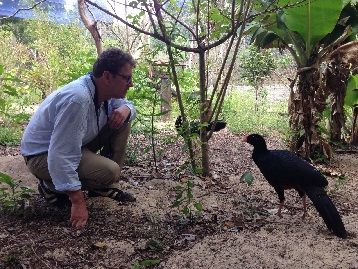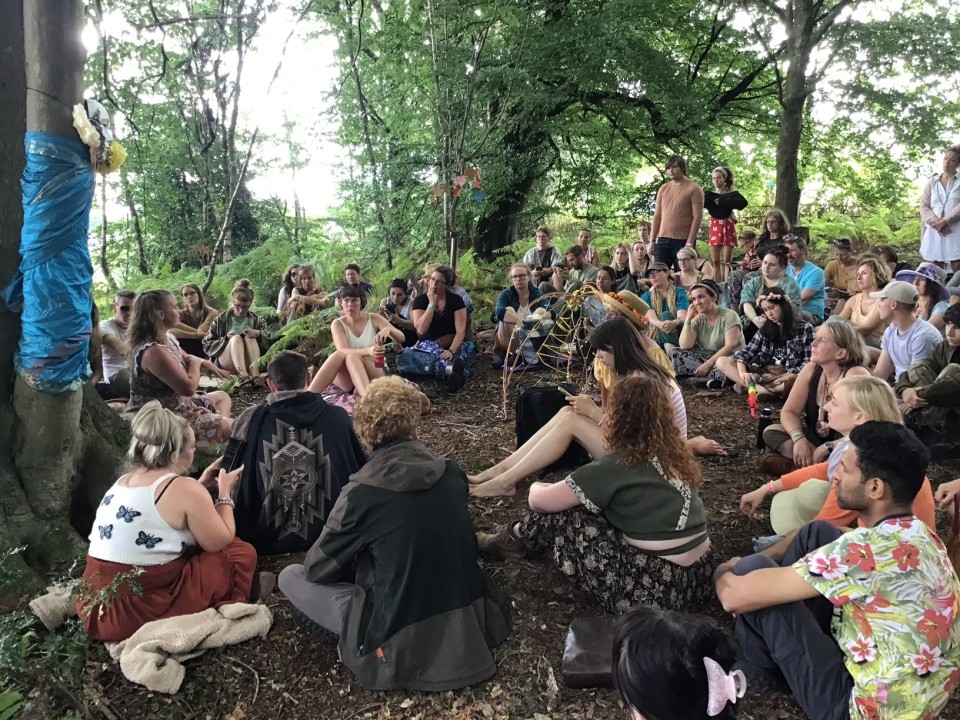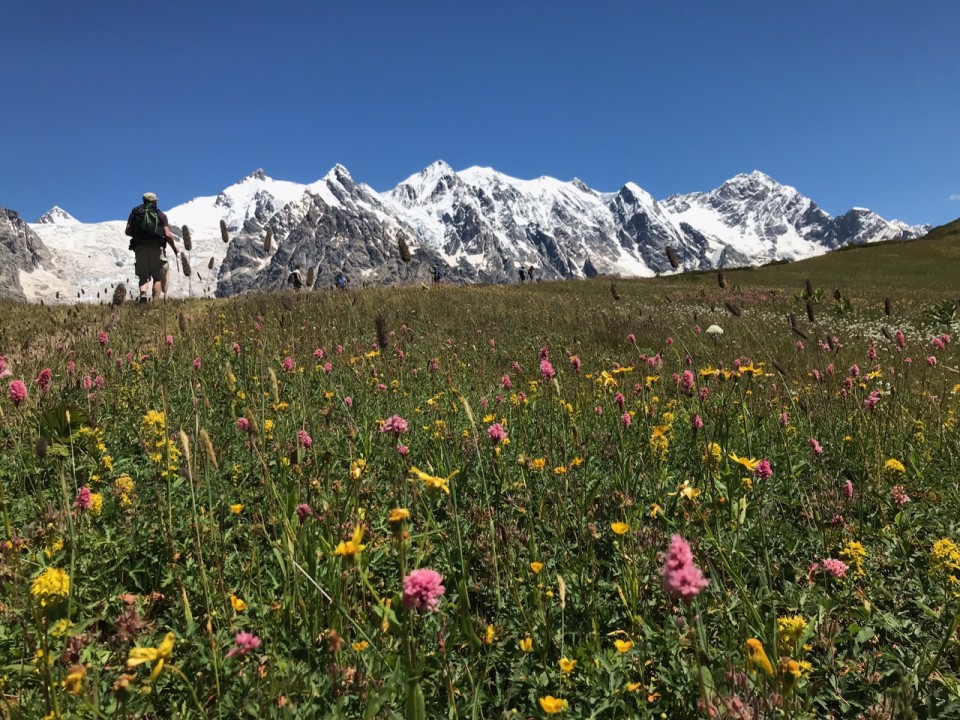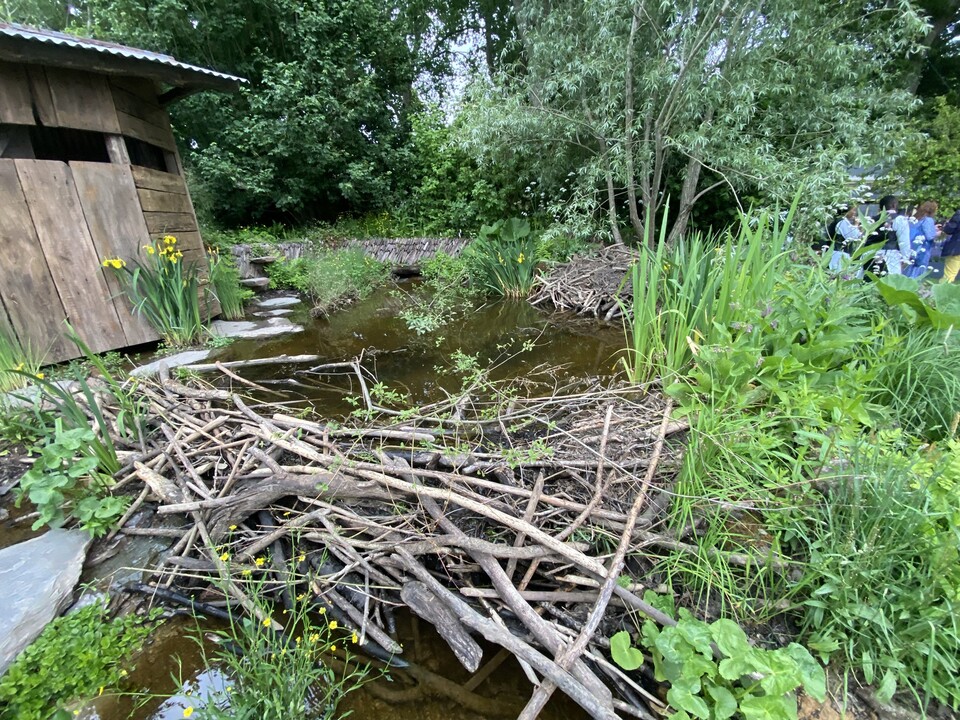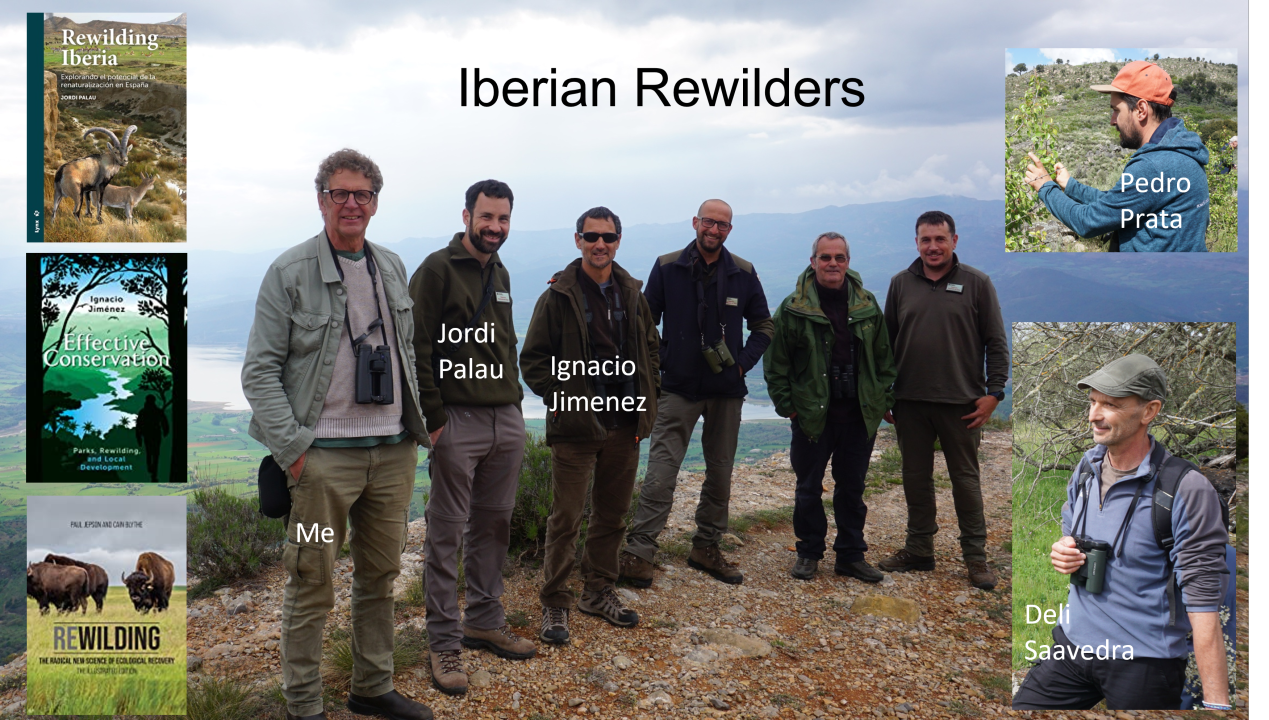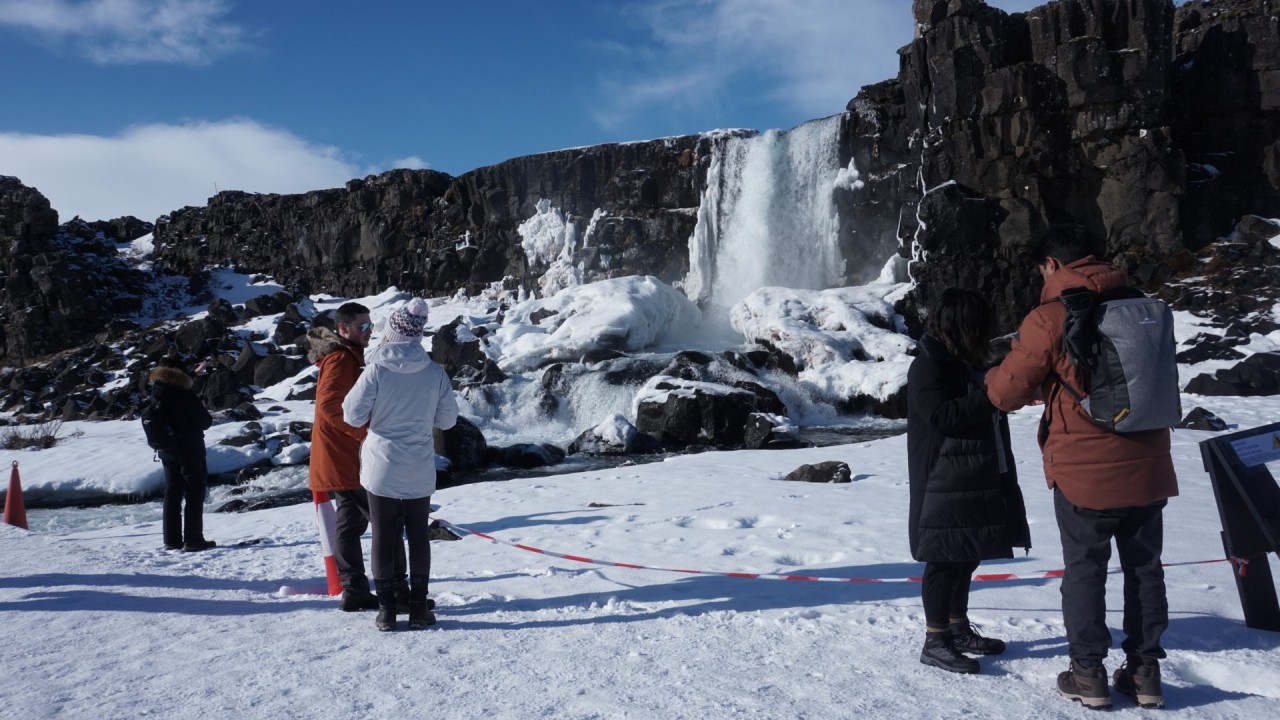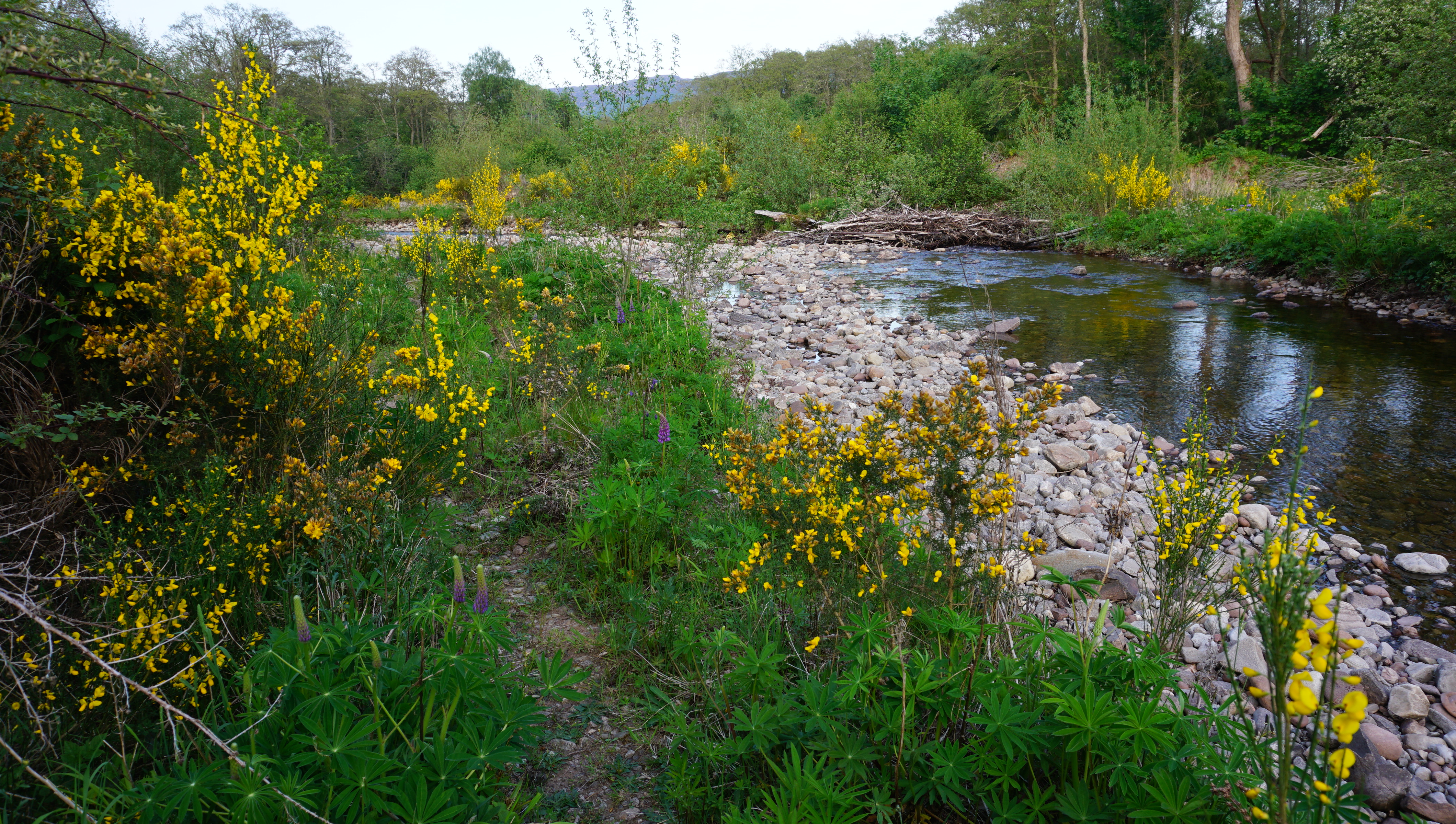It is a thoughtful moment looking into the eye of a bird that nearly went extinct. As I crouched and observed an Alagoas curassow my first thought was a sense of deep gratitude to Pedro Mario Nardelli who in the late 1970s acted to rescue the last wild specimens and establish a captive population in his private bird collection.
My next thought was more a pondering: contemplating its unusual ‘hook-nosed’ bill, bare ear, stout stature and black iridescence, I thought about how extinction also means the loss of characterful life forms from our planet. And also how this species didn’t stand a chance when forest clearance for sugar cane had reduced its habitat to fragments: big, slow and obvious the Alogoas Curasow would have been easy game for hunters with dogs.
My thoughts then turned to admiration for Fernando Pinto and his colleagues at IPMA. Through their dedication and tenacity, they had brought this pair of Curasow’s back to Alagoas state as the first step in a pioneering reintroduction programme.
When these two curassows arrived in September 2017, they were met at the airport by state dignitaries and driven with police escort in a convoy of 20 cars to the Pedro Nardelli Environmental Education centre located in the workers village of the Usina Utinga sugar cane plantation on the outskirts of Maceio, the state capital.
The state government financed the repurposing of defunct plantation buildings and land into a stylishly designed centre. They see the curassow as an asset for building state identity.
The centre is due to open in January 2018. It already has a great set of assets: the only two curassows in Alagoas, a charming forest setting, refurbished but empty buildings and a small-dedicated team, but the visitor education and interpretation component has yet to be added. IPMA has great ideas for this, which included a craft beer, but we thought it’d be fun to brain storm our own ideas taking an asset perspective.
One of the fundamental principles of our asset framework is the recognition that value accrues through practices of engagement. The curassows, buildings, natural setting are exciting assets but for them to generate impact people need to engage with them rather than having the presented.
The museum balcony looks up towards a forest ridge with a dead tree on the skyline. We thought about erecting a raptor-breeding platform on this which, if occupied, could stream live footage into the museum from a nest cam. We also imagined large TV screens sharing Instagram streams of visitor’s photo and comments, with the best collated into subject album’s – birds, butterflies etc. In this way, visitors could have a part in creating the centre’s interpretation and help link it with popular Alagoan culture.
This line of thinking, together with thought that the curassow’s character and the government’s hope that its reintroduction could help strengthen State identity, prompted a new, more radical idea. What about creating a persona for the curassow – “Alan Goas” – along with a Facebook fan base?
The Alagoas curassow is a big, characterful bird strong enough to carry tech. These traits offer the possibility to create a character that could engage with the State’s vast Facebook population in Alan Goas’ story of return. Facebook fans would capture life-quality value in terms on an unfolding story and re-connection with nature and rural life. If successful the State would reap the Alagoan identity value it seeks.
In our view key to success would be actor and/or writer with the talent to create a unique persona – an Alan Goas who is cool and hip, who talks the Alagoan lingo, but who has deep knowledge of Alagoan nature and heritage and the enthusiasm to communicate this to others.
Alan Goas would be grateful to his human supporters for their role in helping his tribe return to their homeland. He would project a friendly conviction that if he shared his life world with humans they would want to have more of his tribe around. Via Facebook he would build a rapport with his growing fan base, sharing stories, responding to questions and offering to carry trendy tech such as go-pro and – (in truth the scientific equivalents) so they can better experience the curassow lifestyle.
Is this a mad idea? Maybe not. The Alagoas curassow is a cool looking bird, there has to be a sizeable number of citizens who’d enjoy a post from Alan Goas on their Facebook feedback and there has got to be a local talent who could pull this off.
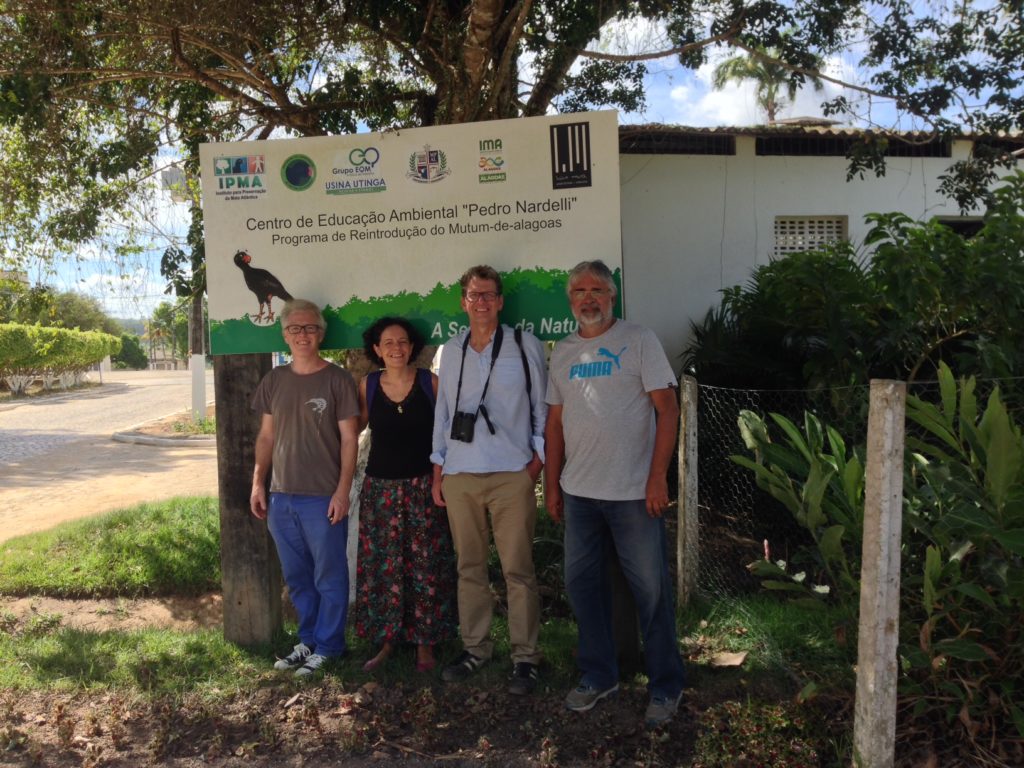
Richard Ladle, Ana Malhado and Paul Jepson with Fernando Pinto

